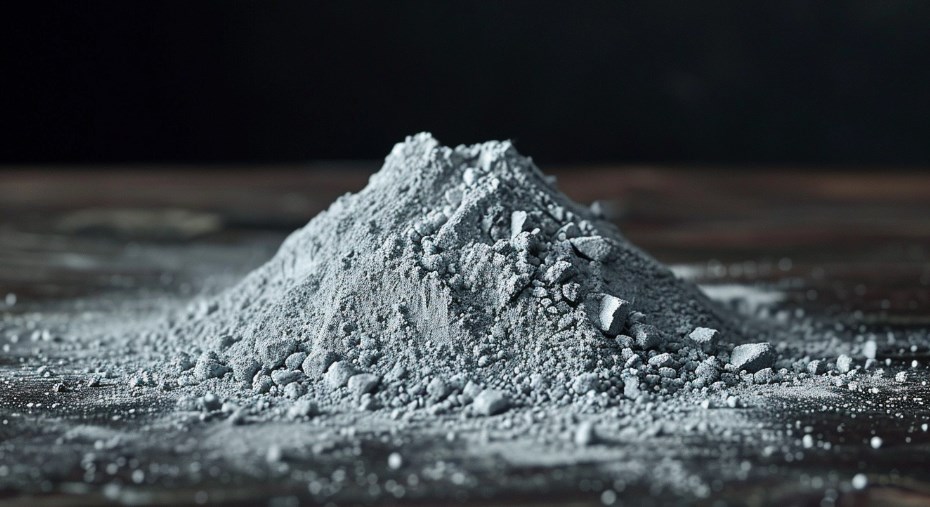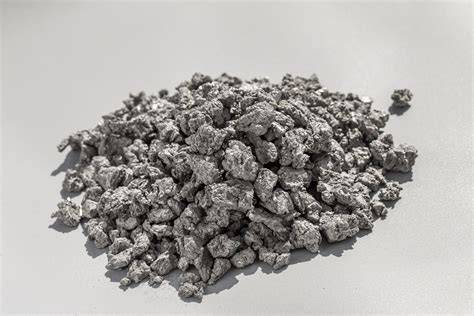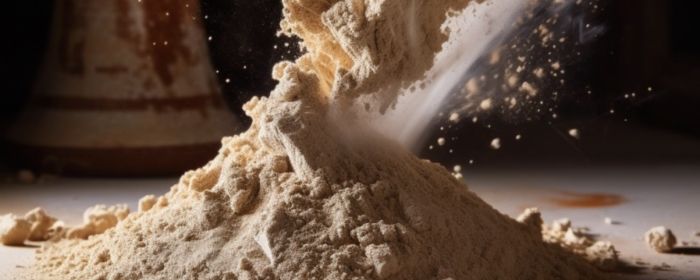

Unveiling the secrets and capabilities of NI-based superalloys, this blog explores the robust world of these advanced materials. Delve into their unique composition, exceptional strength, and diverse applications that make them a cornerstone in modern engineering. Discover how Ni-based superalloys are shaping the future of industries with their unparalleled performance and resilience against extreme conditions. Join us for a comprehensive exploration of the inner strength that lies within these extraordinary alloys.

Inconel alloys typically contain nickel as the primary component, with chromium providing corrosion resistance and other elements like iron, molybdenum, and niobium contributing to the alloy's overall strength and stability at elevated temperatures. The various grades within the Inconel family are designed to meet specific performance requirements for different applications.
Inconel alloys are valued for their versatility, durability, and ability to maintain their mechanical properties under extreme conditions. Some common grades include Inconel 600, Inconel 625, Inconel 718, and Inconel 825. Each grade is tailored to meet specific needs, making Inconel a go-to choice for a wide range of high-performance applications in various industries.
Inconel 625 Powder: Inconel 625 is a nickel-chromium-based superalloy known for its excellent corrosion resistance and high strength. In powder form, it is often used in additive manufacturing to produce components with complex geometries.
Inconel 718 Powder: Inconel 718 is another widely used nickel-based superalloy known for its high-temperature strength, corrosion resistance, and excellent weldability. The powder form is employed in additive manufacturing processes for aerospace and other critical applications.
Hastelloy X Powder: Hastelloy X is a nickel-chromium-iron-molybdenum superalloy with exceptional oxidation resistance. The powder form is used for manufacturing components that require resistance to high-temperature environments.
Rene 80 Powder: Rene 80 is a nickel-based superalloy that contains cobalt, chromium, and other elements. It is known for its high-temperature strength and is often used in gas turbine engine components.
Udimet 720 Powder: Udimet 720 is a nickel-based superalloy with excellent high-temperature strength and oxidation resistance. The powder form is utilized in additive manufacturing for aerospace applications.
These nickel-based superalloy powders are tailored for specific applications and manufacturing processes. The use of these powders allows for the production of components with intricate designs and high-performance characteristics, making them crucial in industries where extreme temperatures and harsh environments are encountered.
Overall, the unique combination of strength, corrosion resistance, and high-temperature stability makes superalloys essential in various industries where extreme conditions are encountered.
In the ever-evolving landscape of materials science, Ni-based superalloys stand as true metallurgical marvels, offering unparalleled strength and performance. Join us on a journey into the heart of these exceptional alloys as we unravel the secrets behind their resilience, versatility, and the diverse applications that make them indispensable in various industries.

United States
.png)



